Why Does My Dog’s Teeth Chatter? Understanding the Causes and Solutions
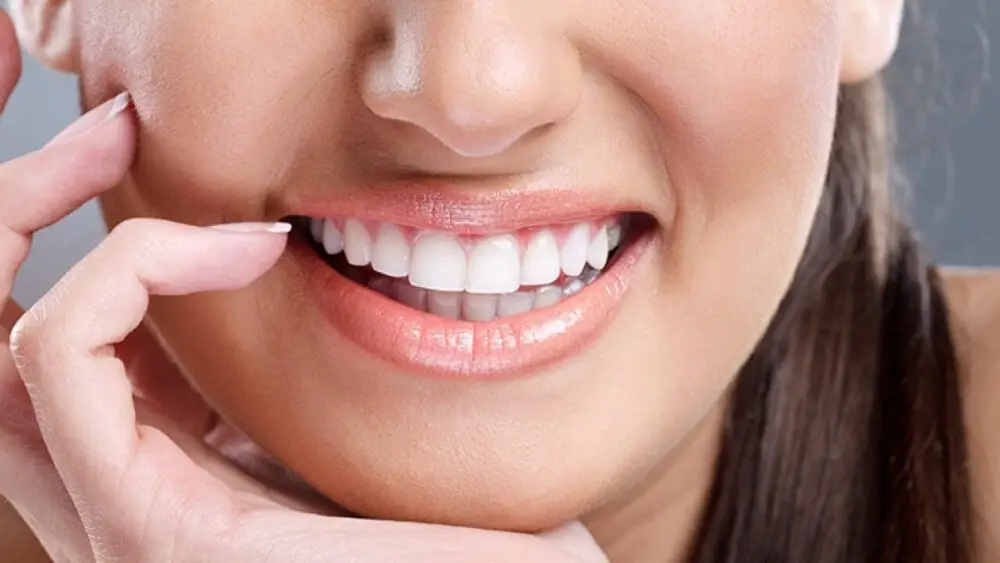
As a dog owner, you may have noticed your furry friend’s teeth chattering on occasion and wondered what could be causing it. While it may look concerning, teeth chattering in dogs is a relatively common occurrence that can have a variety of causes. Understanding the reasons behind this behavior can help you determine if it’s a cause for concern and what you can do to help your dog. Teeth chattering in dogs can be a sign of anything from excitement to anxiety, pain, or even dental issues. It can be a confusing and worrying experience for pet owners, but it’s essential to remember that it’s not always a sign of something serious. In this article, we’ll explore the various reasons why dogs’ teeth chatter, how to tell if it’s a cause for concern, and what steps you can take to address the issue and ensure your furry friend’s continued health and happiness.
Dog teeth chattering is a phenomenon where a dog’s teeth rapidly and involuntarily clatter. It can be alarming for pet owners to witness, especially if they don’t know the cause. While it’s often associated with cold temperatures, it can also be a sign of anxiety, fear, or excitement. In some cases, it can be a symptom of a medical condition such as dental pain or neurological issues. Therefore, it’s crucial to observe the context and behavior of your dog when their teeth chatter to determine the underlying cause. If the teeth chattering persists or is accompanied by other symptoms, it’s best to consult with a veterinarian for proper diagnosis and treatment.
Understanding the causes and solutions of any problem is crucial in dealing with it effectively. When it comes to pets, such as dogs, it is important to understand the reasons behind their behavior and find solutions to address it. In the case of teeth chattering in dogs, it can be caused by various factors such as cold weather, anxiety, pain, or excitement. Knowing the root cause will help in finding the right solution, such as providing a warm blanket, practicing relaxation techniques, or seeking veterinary care. Without understanding the causes and solutions, the problem may persist and potentially lead to further health issues for the dog. Therefore, it is essential to educate oneself on the subject and take appropriate action to ensure the well-being of our furry friends.
Normal Teeth Chattering
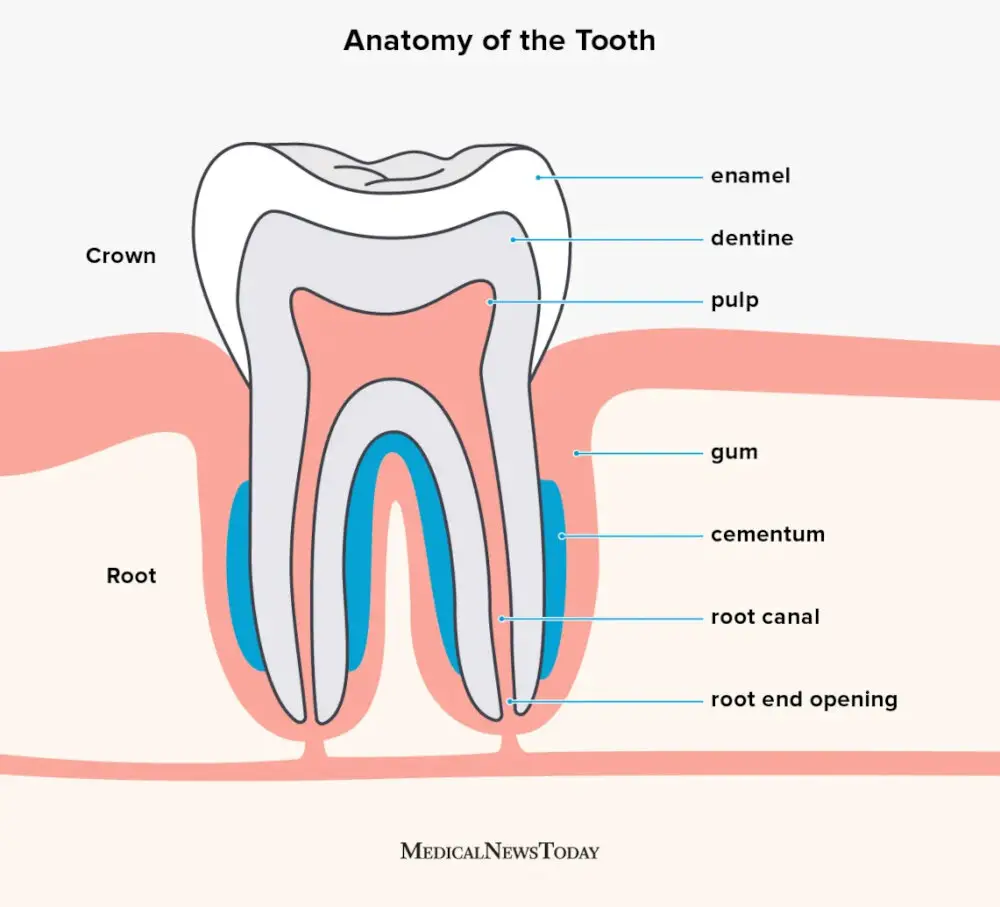
Normal teeth chattering is a common phenomenon in dogs, especially during cold weather. This is because chattering teeth is a natural mechanism that helps to keep the body warm. When the body temperature drops, the muscles in the body contract, and this includes the muscles in the jaw. The chattering of teeth helps to generate heat, which can help to regulate body temperature. Additionally, in some cases, dogs may chatter their teeth when they are excited or anxious. This can be seen as a form of nervous energy that is being released through the jaw muscles. While normal teeth chattering is not a cause for concern, it is important to monitor your dog’s behavior to ensure that it is not a sign of an underlying health problem. It is also important to note that normal teeth chattering is not the same as teeth grinding, which can be a sign of dental issues. If you notice your dog grinding their teeth, it is important to take them to the vet for a dental check-up. Teeth grinding can be a sign of tooth decay, gum disease, or even a misaligned bite. These issues can be painful for your dog and can lead to more serious health problems if left untreated. Therefore, it is important to be aware of the differences between normal teeth chattering and teeth grinding to ensure that your dog receives the appropriate care and treatment.
Normal teeth chattering in dogs can occur for a variety of reasons, including excitement, anxiety, fear, or even being cold. When a dog is excited or anxious, their body may tense up, causing their teeth to chatter. Similarly, if a dog is cold, their teeth may chatter as a way to generate heat and warm up their body. It is important to distinguish normal teeth chattering from abnormal teeth chattering, which can be a sign of dental issues or pain. If a dog’s teeth chattering seems excessive or out of the ordinary, it may be worth consulting with a veterinarian to rule out any underlying health concerns.
Dogs may experience normal teeth chattering in a variety of common situations. For example, they may chatter their teeth when they are anxious or excited about something, such as going for a walk or playing with their favorite toy. Additionally, dogs may also chatter their teeth when they are cold or shivering, as a way to generate heat and warm up their bodies. Another common cause of teeth chattering in dogs is stress, which can result from a variety of factors such as loud noises, unfamiliar environments, or changes in routine. In most cases, teeth chattering is a harmless behavior and does not require any intervention. However, if your dog’s teeth chattering is accompanied by other symptoms such as lethargy or loss of appetite, it may be a sign of an underlying health problem and you should consult with your veterinarian.
Dental Issues
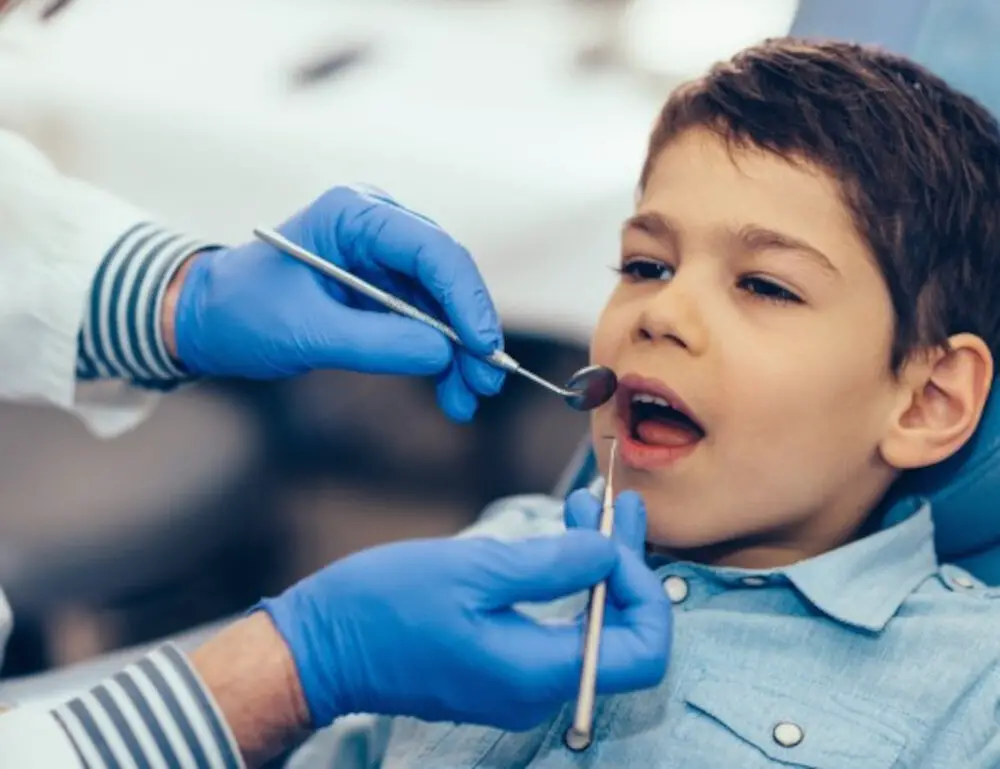
Dental issues are more common in dogs than many pet owners realize. The most common dental problem in dogs is periodontal disease, which is caused by the buildup of plaque and tartar on the teeth. This condition can lead to gum inflammation, tooth loss, and even systemic infections. Other dental issues that dogs may experience include broken teeth, abscesses, and oral tumors. These conditions can cause pain and discomfort for the dog, and often require veterinary intervention to address. One common behavior that dog owners may observe is teeth chattering. This can be a sign of dental issues, particularly if the chattering is accompanied by other symptoms such as bad breath, drooling, or difficulty eating. It is important for pet owners to take their dog to the veterinarian for regular dental checkups and to address any dental issues promptly to avoid the development of more serious health problems. With proper dental care, dogs can maintain healthy teeth and gums and enjoy a higher quality of life.
Dental issues can be one of the reasons why dogs experience teeth chattering. Tooth decay, gum disease, or cracked teeth may cause discomfort and pain in the mouth, leading to teeth chattering. Additionally, misaligned teeth may also result in chattering as the jaw tries to find the most comfortable position. It is important to have regular dental checkups for your furry friend to prevent any dental issues from worsening. A dental cleaning procedure may be necessary to address any underlying problems and alleviate the discomfort that the dog is experiencing, which can help prevent teeth chattering.
Dental issues are one of the common causes of teeth chattering in dogs. Dental problems such as periodontal disease, broken or misaligned teeth, and abscesses can cause discomfort and pain, leading to teeth chattering. Periodontal disease, for instance, can cause inflammation and infection in the gums, leading to tooth loss and other complications. Broken or misaligned teeth, on the other hand, can cause pain and discomfort, leading to teeth chattering as the dog tries to alleviate the discomfort. Additionally, abscesses can also cause pain and discomfort, leading to teeth chattering. It is, therefore, important to ensure that your dog’s dental health is in check to prevent such issues from occurring.
Regular dental checkups are essential for the overall health of dogs. While dental health is often overlooked, it is just as important as any other aspect of their wellbeing. Not only do regular checkups help prevent dental problems such as gum disease and tooth decay, but they also allow veterinarians to detect any underlying health issues that could be causing your dog’s teeth to chatter. During these checkups, the vet can perform a thorough examination of your dog’s teeth, gums, and mouth, and provide professional cleaning if necessary. By ensuring your dog receives regular dental care, you can help prevent serious health problems and keep them happy and healthy for years to come.
Medical Conditions
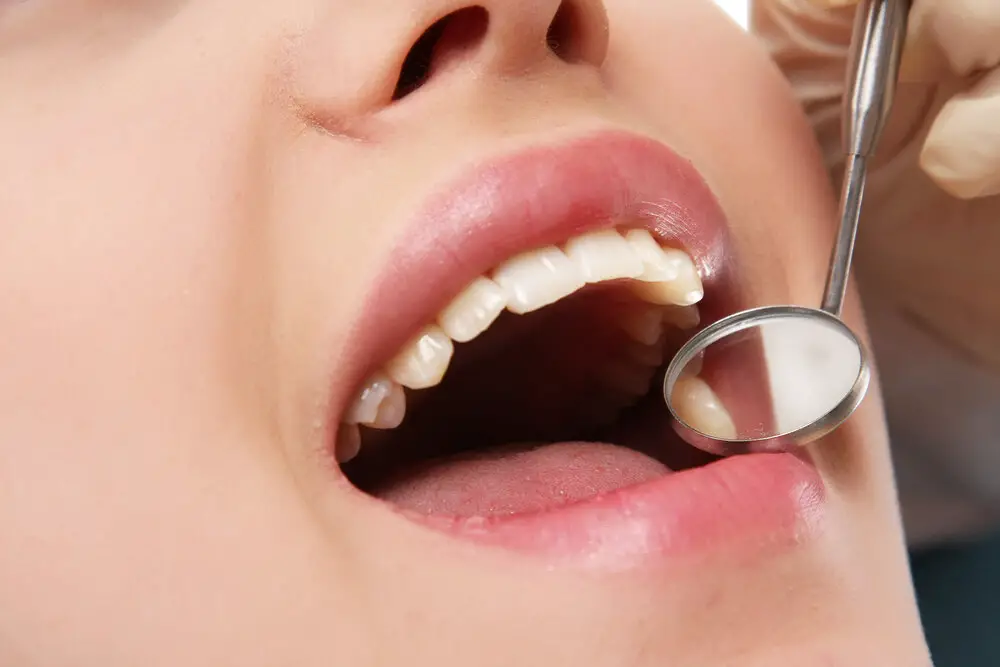
Medical conditions are a common cause of teeth chattering in dogs. Dental pain or discomfort is often a symptom of an underlying medical condition, such as periodontal disease or a tooth abscess. Dogs who suffer from these conditions may feel discomfort when they eat, drink, or chew on toys. This discomfort can lead to teeth chattering, as the dog tries to relieve the pain and discomfort. Other medical conditions that can cause teeth chattering in dogs include arthritis, hypoglycemia, and neurological disorders. These conditions can cause muscle tremors, which can lead to teeth chattering in dogs. If your dog’s teeth are chattering, it is essential to take them to the vet to rule out any underlying medical conditions. Your vet will be able to perform a physical examination and run diagnostic tests to determine the cause of your dog’s teeth chattering. Once the underlying medical condition is identified, your vet will be able to prescribe the appropriate treatment. Depending on the condition, treatment may include medication, surgery, or lifestyle changes such as a modified diet or increased exercise. By addressing the underlying medical condition, you can help your dog feel more comfortable and alleviate their teeth chattering.
Teeth chattering in dogs is a common phenomenon that can have different underlying causes. One of the most common medical conditions that may cause teeth chattering in dogs is dental disease. Tooth decay, gum disease, and abscesses can cause discomfort and pain, leading to involuntary teeth chattering. Another medical condition that can cause teeth chattering is hypoglycemia, which is a drop in blood sugar levels. This condition is common in small dog breeds and can cause shivering, tremors, and teeth chattering. Other medical conditions such as seizures, fever, pain, anxiety, and neurological disorders may also cause teeth chattering in dogs. Therefore, it is important to consult a veterinarian to determine the underlying cause and proper treatment for your dog’s teeth chattering.
Teeth chattering in dogs can be caused by various medical conditions, such as musculoskeletal pain, periodontal disease, neurological disorders, and fever. Musculoskeletal pain can occur due to arthritis or injury, causing the dog to shiver and chatter its teeth. Periodontal disease can lead to dental pain and discomfort, resulting in teeth chattering and other dental problems. Neurological disorders, such as epilepsy or tremors, can cause involuntary muscle movements, including teeth chattering. Additionally, dogs may experience chattering teeth when they have a fever, which is a sign of an underlying infection or illness. It is essential to consult a veterinarian if teeth chattering persists or becomes severe to identify and treat any underlying medical issues.
While the article primarily focuses on understanding the causes and solutions of a dog’s teeth chattering, it is important to note the significance of early detection and treatment of underlying medical conditions in general. Many health issues can start with minor symptoms, such as teeth chattering, and if left untreated, can escalate into major health concerns. It is essential to recognize warning signs and address them promptly to avoid further complications. Early detection and treatment of underlying medical conditions not only help in improving the quality of life but also saves one from hefty medical bills and prolonged suffering. Therefore, it is crucial to stay vigilant and seek medical attention at the earliest indication of an underlying medical condition.
Behavioral Causes
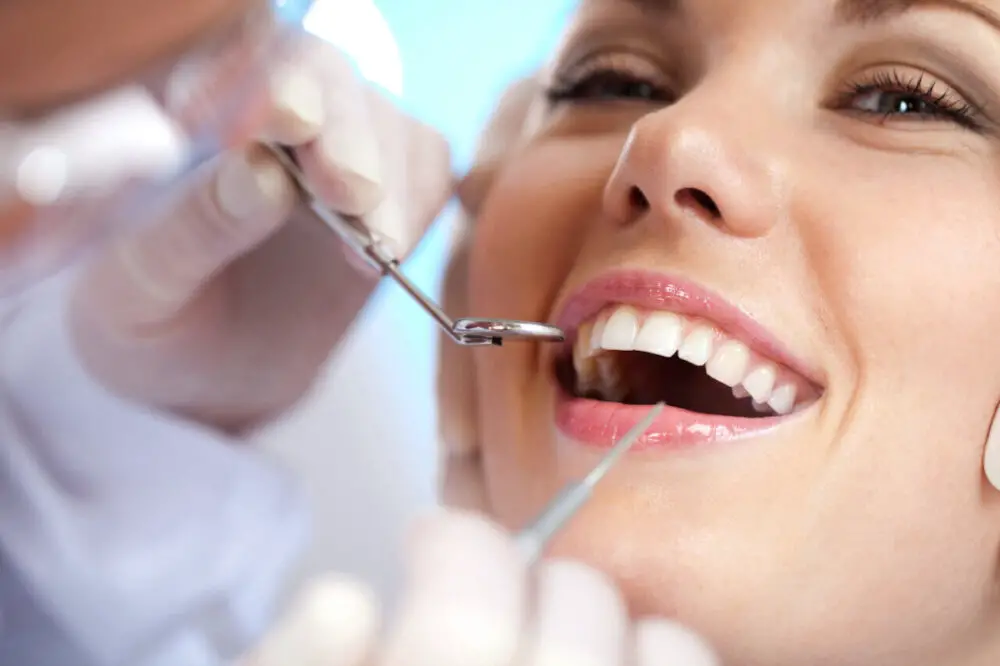
One of the possible causes of a dog’s teeth chattering is behavioral. Dogs may chatter their teeth due to excitement, anxiety, or fear. For example, if a dog is anticipating a treat or a walk, they may start chattering their teeth in excitement. Similarly, if a dog is feeling anxious or afraid, they may also start chattering their teeth as a way to release nervous energy. This behavior may be accompanied by other signs of anxiety, such as panting, pacing, or shaking. Another behavioral cause of teeth chattering in dogs is aggression. Some dogs may chatter their teeth as a warning sign before attacking. This behavior is often accompanied by other aggressive behaviors, such as growling, snarling, or showing their teeth. If your dog is exhibiting teeth chattering along with signs of aggression, it’s important to seek the help of a professional dog trainer or behaviorist to address the issue before it escalates into a dangerous situation. Understanding the behavioral causes of teeth chattering in dogs can help you identify the underlying issue and take steps to address it, whether through training, behavior modification, or other interventions.
Teeth chattering in dogs is a behavioral condition that can be caused by various factors. One of the most common causes is anxiety, which can be triggered by a number of things such as loud noises, unfamiliar surroundings, or separation from their owners. Dogs may also chatter their teeth when they are excited or feel cold. Another possible cause is dental problems, where the dog may be experiencing pain or discomfort in their teeth or gums. In some cases, teeth chattering can be a symptom of a more serious underlying medical condition, so it is important to monitor your dog’s behavior and consult a veterinarian if you notice any unusual or persistent symptoms.
Teeth chattering in dogs is a common behavior that can be caused by various factors, including anxiety, excitement, and fear. For instance, dogs may chatter their teeth when they are feeling nervous or uncomfortable in a new environment or meeting new people. In some cases, dogs may also chatter their teeth when they are excited, such as when they see their favorite toy or when they are anticipating a treat. Additionally, teeth chattering can be a sign of fear or aggression in dogs, especially when they are faced with a threat or when they feel their territory is being invaded. Therefore, it is important for dog owners to understand the underlying causes of their pet’s teeth chattering behavior and address them accordingly to ensure their pet’s health and well-being.
Identifying and addressing the underlying behavioral causes of a dog’s teeth chattering is crucial for maintaining their overall well-being. Teeth chattering can result from a variety of factors, including anxiety, fear, excitement, or even dental issues. By understanding the root cause, pet owners can take appropriate measures to address the problem and improve their pet’s quality of life. For example, if anxiety is the cause, introducing calming techniques or consulting with a veterinarian may be helpful. If dental issues are the cause, a visit to the vet for a cleaning or treatment may be necessary. Neglecting to address the underlying behavioral causes can lead to a decline in a dog’s physical and mental health, as well as the potential for further complications and issues down the line.
Teeth chattering in dogs can be caused by a variety of reasons. One of the most common causes is cold temperature, where the dog’s body tries to generate heat by contracting the muscles that control the jaw. Anxiety and excitement can also trigger teeth chattering in dogs, which is often accompanied by other behavior such as panting and pacing. Dental problems such as tooth decay or gum disease can also cause teeth chattering as the dog tries to alleviate the discomfort. Additionally, certain medical conditions such as seizures, pain, or neurological disorders can also result in teeth chattering. It is essential to identify the underlying cause of teeth chattering to provide appropriate treatment and ensure the dog’s well-being.
It is crucial to seek proper veterinary care for dogs experiencing teeth chattering as it could be an indication of underlying health issues. Teeth chattering in dogs is often associated with pain, anxiety, or neurological disorders, which can be potentially harmful if left untreated. A professional veterinarian can examine the dog’s teeth and overall health to identify the root cause of teeth chattering and recommend the appropriate treatment. Early diagnosis and treatment can prevent the issue from worsening and causing further discomfort to the dog. Therefore, seeking veterinary care can ensure the well-being and health of our furry companions.
As a responsible dog owner, it’s vital to take proactive measures in maintaining your furry friend’s dental and overall health. Neglecting your dog’s oral hygiene and health can lead to serious dental issues such as gum disease, bad breath, and tooth decay. Regular brushing, dental checkups, and healthy eating habits can go a long way in preventing these issues. Additionally, understanding the causes and solutions to certain behaviors like teeth chattering can help you identify potential health issues early on and take appropriate action. By being proactive in your dog’s health, you can ensure a happy and healthy life for your four-legged friend.
Conclusion
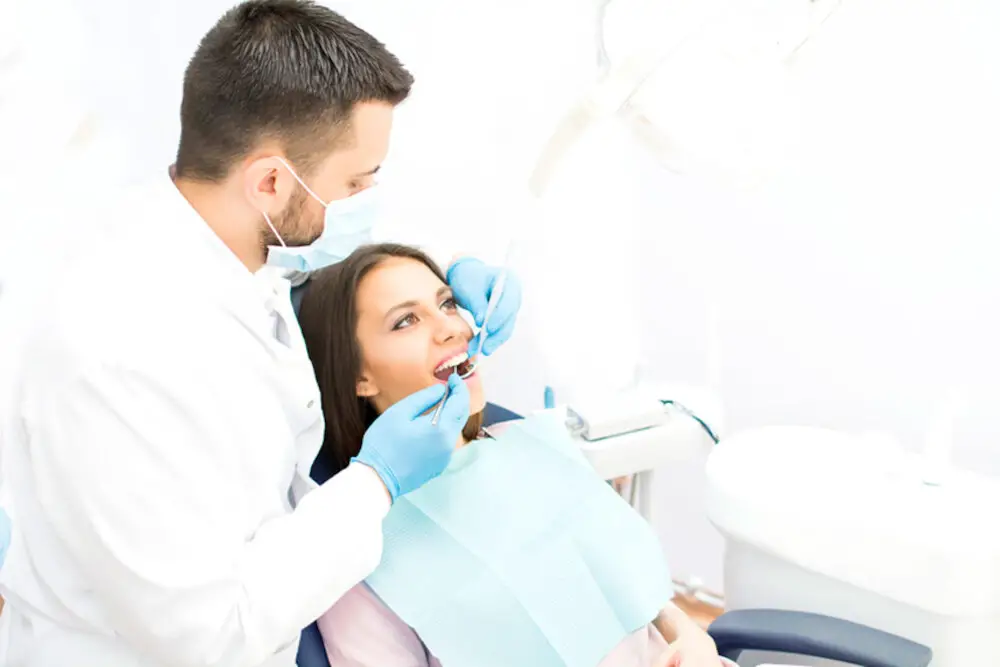
In conclusion, a dog’s teeth chattering behavior can be caused by various factors such as cold, anxiety, excitement, pain, and dental problems. The best solution to tackle this issue is to identify the underlying cause and address it accordingly. Providing a warm and comfortable environment, regular dental check-ups, and training your dog to manage anxiety can also help prevent teeth chattering. It is essential to understand and monitor your dog’s behavior, as it can indicate potential health problems that require immediate attention. By taking the necessary steps, you can ensure your furry friend’s overall health and well-being, and enjoy a happy and healthy relationship with them.





